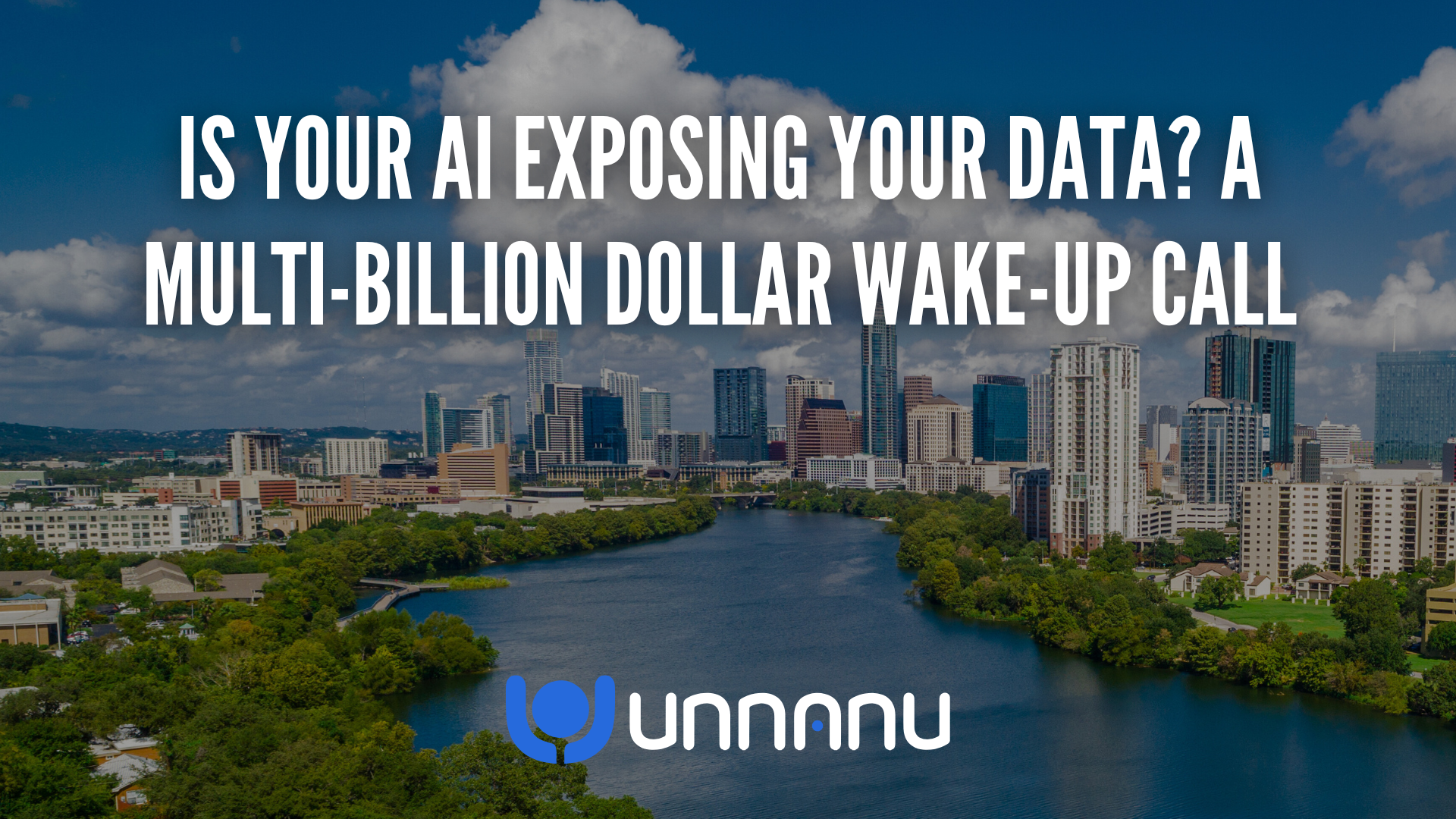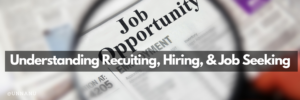The Growing Influence Of AI: Hiring and Recruiting – State and Government Jobs
The annual World Economic Forum held in Davos has long been a platform for global leaders to discuss pressing issues, and in recent years, the growing influence of AI fears has taken center stage. This year’s forum saw an unprecedented level of concern surrounding the risks posed by artificial intelligence across various sectors.
Financial experts voiced their worries about the potential disruption that AI could bring to markets and investment strategies.
The fear stems from the increasing reliance on algorithmic trading and robo-advisors, which some argue could lead to unforeseen market volatility or even crashes. Business leaders also expressed their concerns about AI-driven automation replacing human workers. The fear of job displacement looms large as companies explore ways to cut costs and increase efficiency through AI implementation. Moreover, legal professionals attending Davos highlighted their apprehensions regarding the use of AI in decision-making processes within the justice system.
Concerns were raised over potential biases embedded in algorithms that could result in unfair judgments.
Blackrock and World Economic Forum are Concerned: How AI impacts futures
As the world becomes increasingly interconnected, the integration of artificial intelligence (AI) in finance has become inevitable. However, with this technological advancement comes a growing concern among Wall Street professionals regarding the risks associated with AI implementation. One major worry is the potential for algorithmic biases in financial decision-making. AI systems are built based on historical data, which may inadvertently perpetuate existing biases.
From HR To Blackrock: The Widespread Worries About AI
From the prestigious gathering of world leaders in Davos to the bustling streets of Wall Street, concerns surrounding artificial intelligence (AI) have become pervasive. The widespread worries about AI are not limited to a single industry; they have permeated finance, business, and law. In financial institutions, the potential risks associated with AI are a constant topic of discussion. As banks and hedge funds increasingly rely on AI algorithms to make investment decisions, concerns arise regarding the possibility of catastrophic market crashes caused by algorithmic errors or manipulations.
These fears are not unfounded; past incidents involving flash crashes and high-frequency trading glitches serve as reminders of the dangers posed by overreliance on automated systems. The business world is also grappling with apprehensions related to AI. The rise of automation and machine learning technologies has sparked fears about job displacement and unemployment rates skyrocketing as tasks previously performed by humans are taken over by machines.
Top Of Mind:The U.S. Supreme Court’s Perspective On AI Risks
As artificial intelligence (AI) continues to revolutionize various industries, the U.S. Supreme Court has been closely monitoring its implications and associated risks. Justices on the highest court of the land recognize that AI poses significant challenges to the legal system and have been actively discussing its potential consequences.
From a legal standpoint, one of the primary concerns surrounding AI is algorithmic bias. The Supreme Court acknowledges that if AI algorithms are not properly regulated and monitored, they can perpetuate discriminatory practices, leading to unfair outcomes in areas such as criminal justice and employment.
Legal Implications: How Ai Fears Reach The U.S. Supreme Court
One key concern is the impact of AI on privacy and civil liberties. With AI’s ability to collect and analyze vast amounts of data, questions arise regarding the protection of individuals’ personal information and potential abuses of surveillance technology. The Supreme Court must carefully consider how existing legal frameworks can adequately address these evolving challenges.
As the influence of artificial intelligence (AI) continues to expand, the legal industry is grappling with a rising tide of concerns regarding the potential risks associated with this technology. From Davos to Wall Street and even reaching the U.S. Supreme Court, discussions surrounding AI’s impact on law have become increasingly prevalent. One of the primary concerns is the potential for bias in AI algorithms used within legal systems.
The inherent biases embedded in these algorithms can perpetuate unfairness and discrimination, leading to unjust outcomes in legal proceedings. Furthermore, there is unease about the lack of transparency and accountability in AI decision-making processes, making it difficult for individuals to challenge or understand why certain decisions were made. Another pressing issue is the potential displacement of human professionals by intelligent machines.
While AI offers unprecedented efficiency and productivity gains, there are fears that it may replace certain legal roles altogether, jeopardizing livelihoods and raising ethical questions about delegating crucial decisions solely to machines. Moreover, privacy and data protection concerns arise as AI systems handle vast amounts of sensitive information.
From Davos To Wall Street To The U.S. Supreme Court: A Unified Focus On Ai Fears
The pervasive influence of artificial intelligence (AI) has permeated various sectors, triggering concerns and fears among industry leaders and legal experts alike. Across the globe, from the illustrious gathering at Davos to the bustling corridors of Wall Street and even within the hallowed chambers of the U.S. Supreme Court, apprehensions surrounding AI risks have become a central focus. In Davos, where influential voices converge annually to discuss global challenges, AI’s potential negative consequences took center stage.
Business leaders expressed trepidation about job displacement and economic inequality as automation gains momentum. At Wall Street, financial institutions grapple with ethical dilemmas posed by algorithmic trading systems that can amplify market volatility and pose systemic risks. Meanwhile, in the U.S. Supreme Court, judges confront complex questions related to AI’s impact on privacy rights, criminal justice reform, and intellectual property disputes.
With AI infiltrating every facet of society at an unprecedented pace, concerns over bias in algorithms and potential infringements on individual liberties have become paramount.


